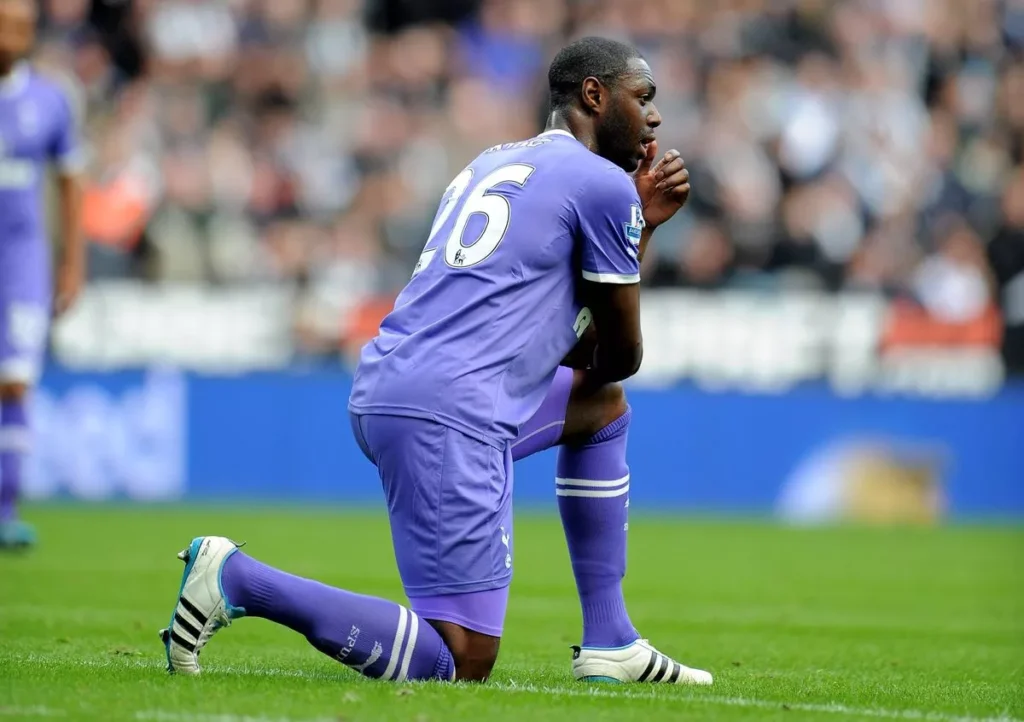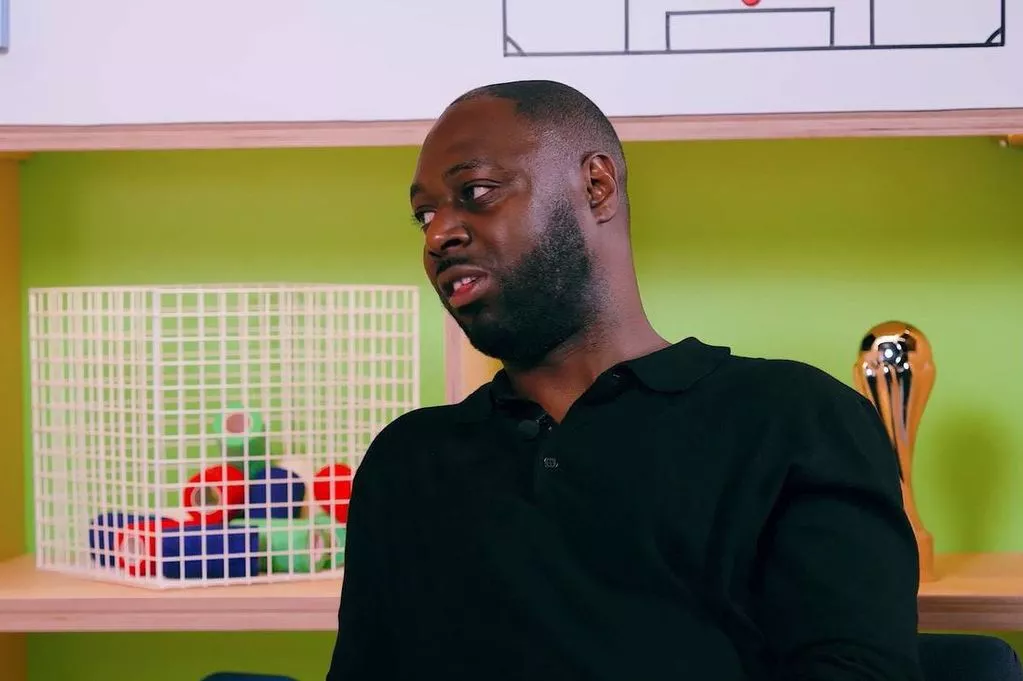Ledley King, one of Tottenham Hotspur’s most respected figures, has revealed the painful reality behind his early retirement, admitting that doctors once warned he could end up in a wheelchair by the time he turned 30 if he didn’t stop playing football.
The former England defender, whose loyalty and class made him a Spurs legend, hung up his boots in 2012 at just 31 years old after a career plagued by chronic knee problems that refused to ease despite years of perseverance and treatment.
King spent his entire professional career with Tottenham, serving the club with distinction for 13 years and earning 21 caps for England. Many who watched him play still believe he could have become one of England’s greatest-ever defenders had it not been for the relentless injuries that shadowed his career.
Elegant on the ball and calm under pressure, King possessed a rare footballing intelligence that made him a natural leader, but his body often betrayed his immense talent.
Speaking recently on In The Mixer, a podcast brought to fans by Sky Bet, King shared how his career reached its breaking point. “It was 2012, and funnily enough, for the first part of that season, I felt as good as I’d felt in a long time,” he explained.

“I was playing regularly, I’d featured in about 11 or 12 games, and we hadn’t lost any. I thought I’d finally turned a corner. But during a training session the day before a match, I had a clash with a goalkeeper, and my knee just blew up.”
That incident proved to be the beginning of the end. King recalled how medical staff had to drain fluid from his knee several times just to get him back on the pitch.
“They took loads of fluid out because we were about to play Manchester City. I had no business playing, but I did. We were 2-0 down and fought back to 2-2, but then I gave away a penalty. That was the start of the decline for me. I never felt the same after that.”
Despite his deteriorating condition, King continued to play, managing 23 games that season a remarkable feat for someone barely able to train between matches. However, the quality of his performances started to fade as the physical toll became too much to bear.
“Normally, when you know it’s over, you play three or four games. I managed 23, but the quality wasn’t there anymore,” he admitted. “In the second halves of games, I just couldn’t move. For the first time, I didn’t enjoy football. I felt like I was letting my teammates down.”
Eventually, reality caught up with him. After that season, he met with his surgeon, who gave him the news no player ever wants to hear. “He basically told me, ‘If you keep pushing your body like this, you’ll end up in a wheelchair in your 30s.’ Hearing that was difficult, but deep down, I knew he was right. My body was finished.”
King confessed that he had never mentally prepared himself for retirement. His focus had always been on getting through the next game, finding a way to play no matter how bad the pain was.
“I never really allowed myself to think about stopping. I was constantly fighting just to stay on the pitch. I thought I was like RoboCop I just kept telling myself to keep going, find a way to play every year,” he said with a hint of reflection. “But it got to a point where I couldn’t ignore it anymore. I wasn’t the same player, and it wasn’t fair on the team or myself.”
His decision to retire was as much about self-preservation as it was about acceptance. For years, King’s knee problems were so severe that he couldn’t even train properly, relying instead on light gym work and physiotherapy before stepping straight into Premier League matches. It was a routine that required immense discipline and pain tolerance, but one that could only last so long.
Looking back, King’s career is a story of resilience as much as it is of frustration. Despite being robbed of what could have been a longer spell at the top, he remains adored by Tottenham fans for his loyalty, professionalism, and quiet leadership. His ability to play at such a high level, even while battling constant pain, speaks volumes about his character.
Today, King’s story serves as both inspiration and warning a testament to the sacrifices elite athletes make and the fine line between glory and physical ruin.
“It was tough to stop,” he admitted. “Football was everything I knew. But when your body tells you it’s time, you have to listen.”
Now 45, King continues to be involved with Spurs, passing on his wisdom to the next generation. While his playing days ended too soon, his legacy remains untouched that of a one-club man whose courage and class made him unforgettable in the white of Tottenham Hotspur.

